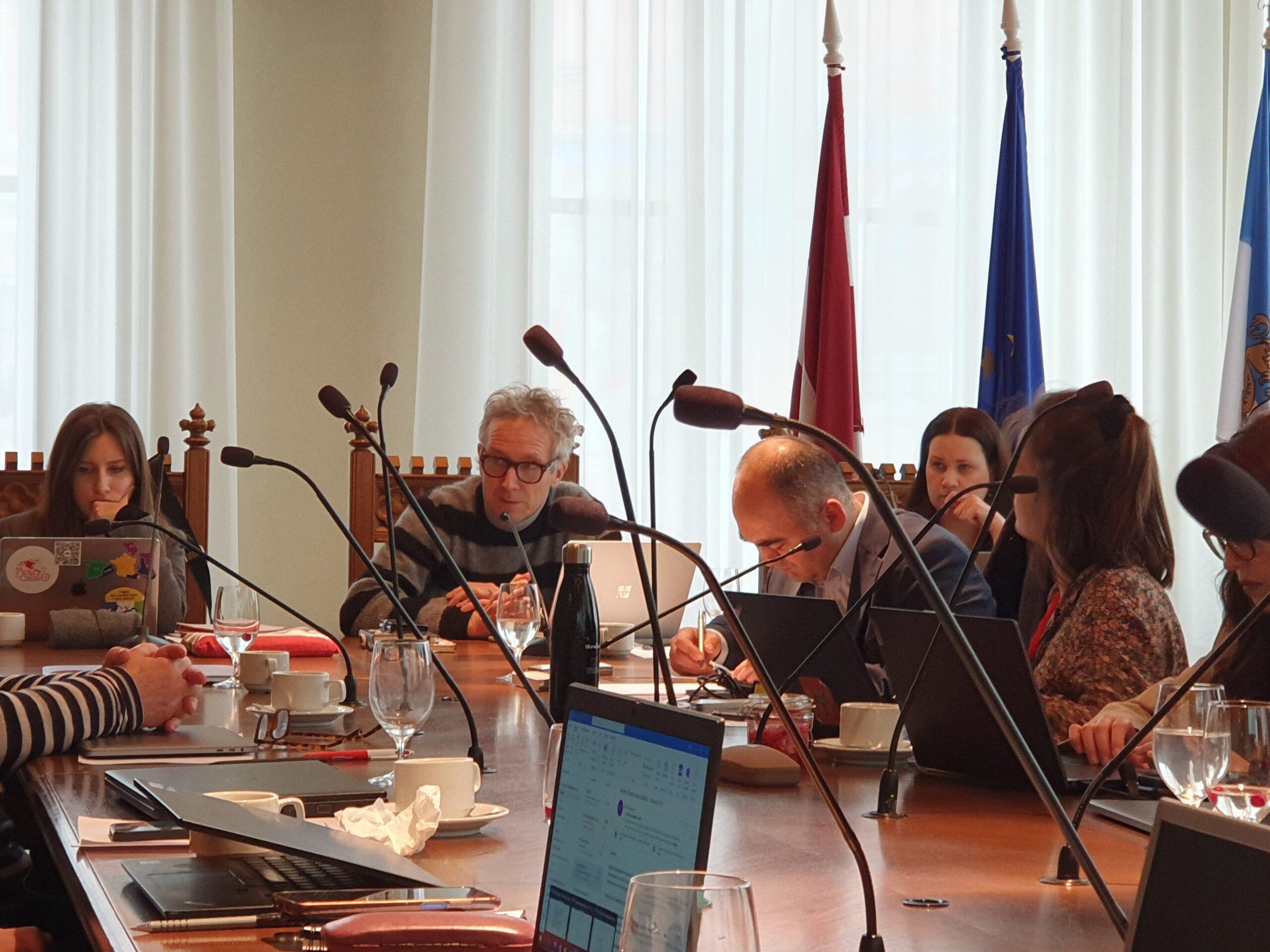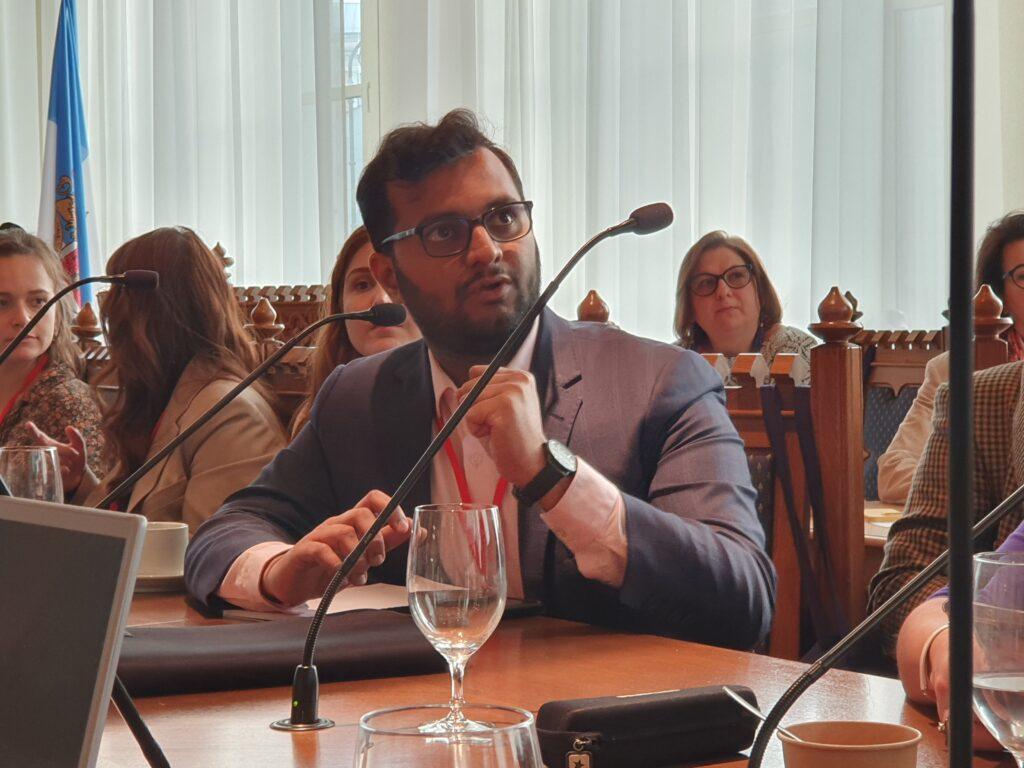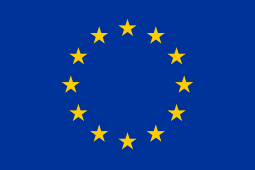On 7 February 2023, MILE partners met in Riga, Latvia, for the project’s second annual consortium meeting. Hosted by the municipality of Riga, the meeting provided an opportunity for project partners to meet in person to take stock of MILE’s results and activities during the first year of implementation and to plan upcoming publications, events as well as the consultative bodies that are being set up in each participating municipality in 2023 following the aim to promote the participation of migrants and refugees in local policy-making processes.

Looking back at 2022, the first implementation year of the project, partners discussed the key activities, including the local research papers, the communication and dissemination activities and the training on meaningful participation that was delivered by New Women Connectors in November and December 2022 for migrant communities and staff of municipalities and local service providers. The training provided a unique opportunity for municipalities and migrant communities to hear and learn from each other’s experiences, to understand each others viewpoints and in particular migrants’ needs and local policy-making structures and to explore together which approaches and tools can make local policy-making more inclusive and collaborative.
Moreover, in 2022, MILE research teams also finalised five research reports analysing the evolution of diversity, inclusion and participation policies in Riga (Latvia), Ripollet (Spain), Birmingham (UK) and Ioannina (Greece) as well as at the EU level. The structure of the reports are inspired by existing templates and reports, such as the Integrating Cities Toolkit, and makes use of the latest data provided by the municipalities, migrant communities and official sources.
The MILE reports can be downloaded here.
Drawing from the five reports, MILE will publish policy papers over the coming months, offering recommendations on related, transnational issues around the inclusion and participation of migrants and refugees, the effective collaboration of local governments and migrant communities as well as local, national and European structures that can help support inclusive participation. These policy papers will be available on the MILE website between March and May 2023.


Moreover, in 2023, MILE will set up European platforms to connect local stakeholders such as municipalities and migrant communities across different European countries and regions. Moreover, partners are planning various local and European-level events and activities, including seminars, cultural events and debates. Lastly, MILE will hold its final event at the end of November 2023 in Brussels, to present the project’s learnings, share experiences from the participants and partners, and to exchange experiences with other initiatives, organisations and individuals.
While these activities were discussed during the morning of the consortium meeting, the municipality of Riga hosted a public event with MILE partners in the afternoon around the topic of “Creating an ecosystem of participation and collaboration between migrants and cities”. For this, MILE partners were joined by representatives of local organisations from the public and private sector, working on the issues of migration, inclusion and praticipation. Various civil society organisations along with Latvian government representatives attended the event and allowed MILE partners to connect with local stakeholders working with migrants and refugees in Riga.
During this event, representatives of Birmingham City Council, the Municipality of Ioannina and the City of Utrecht shared their approaches to engaging their local migrant and refugee communities, reshaping narratives and the impact of MILE or similar European initiatives on local communities. A short presentation of the City of Ioannina can be found on here. These accounts were followed by a presentation from Larissa Orlovic from the Migration and Integration Office at the City of Düsseldorf in Germany She presented Düsseldorf’s Integration Council which has been involving residents of the city with a migrant background for several years. The Council provided an insightful example to MILE partners on how a local consultative body can be designed.
MILE partners



